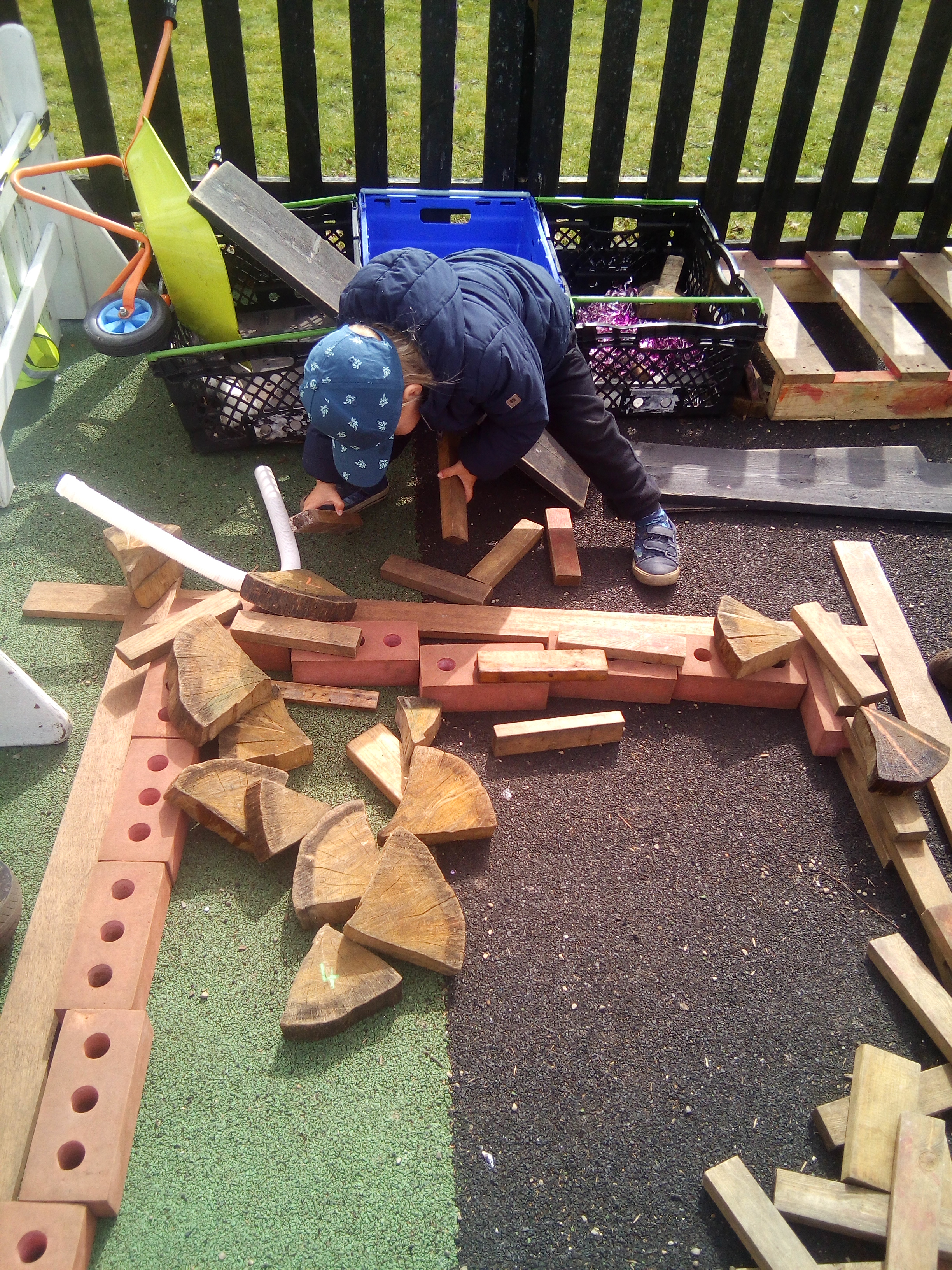From Susie and Lucy: anyone that knows Susie knows that she is an avid fan of Schemas. These form part of a concept attributed mainly to Jean Piaget, who theorised that children go through four stages of cognitive development, or intellectual growth, called schemas. Piaget suggested that children use new information acquired from their experiences to develop their understanding of the world.
Schemas are repeated patterns of behaviour, which allows children to explore and express, developing ideas and thoughts, through their play and exploration. By understanding these patterns, we can improve our understanding of the way children prefer to play. By repeating actions or engaging in schematic play, children are able to construct meaning in what they do.
Children tend to show a preference for certain patterns of behaviour: they have one, maybe two dominant schemas, and can certainly all ‘do’ each type of schema, but with a preference. Here are some examples (names can vary!):
Trajectory schema: ‘I like to line things up in a straight line’ ladders, slides, running water, pushing trolleys, hoovering…
Rotational schema: ‘I like to spin’: use whisks, spin wheels, cars and trucks, turn taps…
Circulatory schema: ‘I like things that are round’: ring-a-roses, tyres, stirring, watching rain in puddles…
Transporting schema: ‘I like to carry things from one place to another’: carry bags full of things, be the bus driver, fetch things…
Enclosure / Enveloping schema: ‘I like to fill things or to be wrapped up – including myself!’; draw lines round pictures, build an enclosure, dress up, make dens, fill bags and pockets with collections
Connector schema: ‘I like to join things together’, sellotape things, glue, join-up writing, use string to tie things together, link toys together, line up
Orientation schema: ‘I like to look at things from a different angle’, hang upside down eg: climbing frames, turn objects and toys around to look at them.
And why is this important? If we use schemas to use resources, plan activities and ensure the environment meets children’s’ needs, we can extend their learning and tune into the way a child learns, and they will learn at a deeper level.


